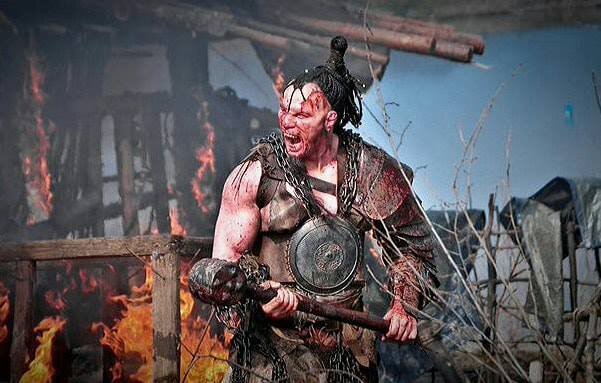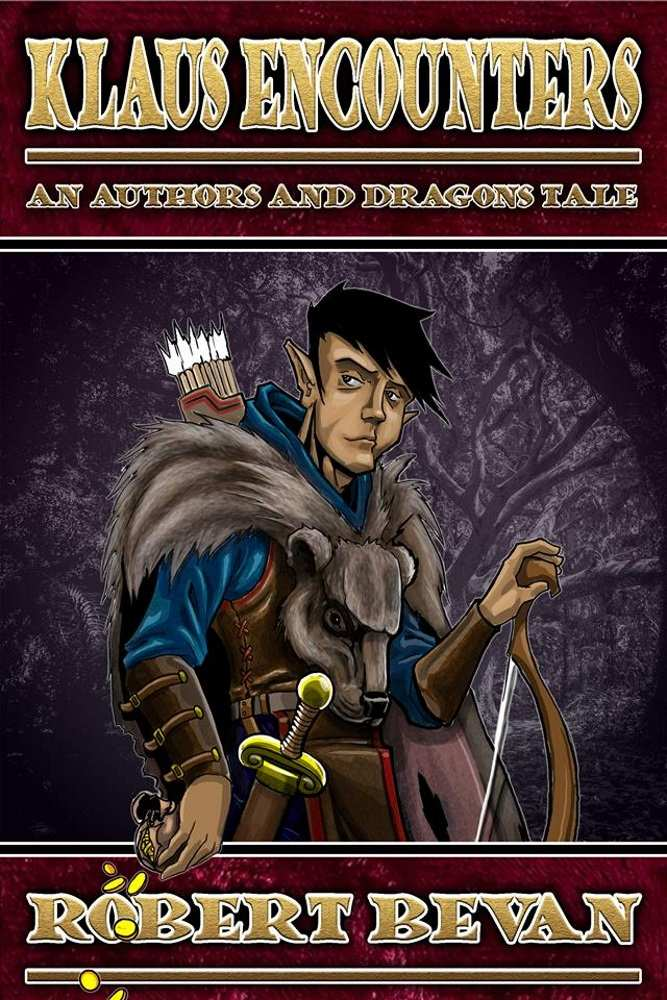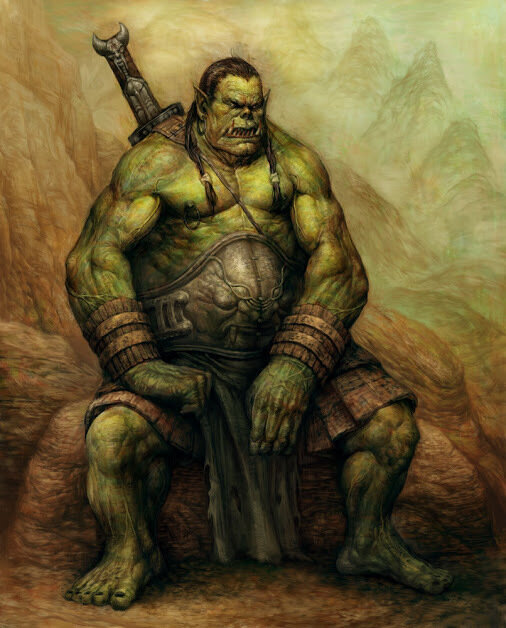By Johnathon Wilson
In the time that I’ve been playing D&D I’ve had the pleasure of seeing a variety of different ways that we all enjoy this lovely game. There are those of us who want to play as a representation of themselves, similar to the avatars in The Matrix. There are those of us who want to play as masters of combat, overcoming the challenges their DM creates through huge damage and tactical thinking. And there are those of us who want to be lost in a story and to develop strong bonds to their characters personalities and goals, and to relish the emotional highs and lows.
None of these goals are mutually exclusive, and there are countless ways to enjoy a game that’s closer to a list of guidelines than anything. While I’ve been fortunate enough to be exposed to a variety of gaming styles and preferences, I have by no means experienced them all. Fortunately, due to the wonders of TTRPG podcasts and streams, we’ve all had the opportunity to see how other folks play their game.
One of the things I’ve noticed through these observations, is that regardless of their playstyle, most players enjoy having their characters succeed at whatever their goal for the character is. Whether that’s combat, persuading NPC’s, searching for clues, or whatever specific thing resonates with a player’s character, they want to be good at it.
The question then becomes, how do we actually accomplish that? For certain players it’s pretty easy to figure out. You can check any online D&D community and find dozens of character builds that will let you maximize whatever kind of damage you want. Whether it’s as a Fighter with hand-crossbows and a couple of choice Feats (Sharpshooter and Crossbow Expert to be specific), or as a Paladin taking a couple levels of Hexblade Warlock. Full spell-casting classes have a wide variety of options in the form of spell selection and usage that they can use to fulfill their character vision, even if that vision is raining down as much arcane hellfire as superhumanly possible. Whatever kind of damage you want to dish out, there are plenty of ways to lay down the hurt.
But what about the players who want to be good at things other than combat, or solve problems that can't simply be blasted away with a fireball? What of the investigators and persuaders, the religious experts and survivalists? The things that won’t easily be defined by how many different spells an elemental-themed wizard has, or how many goblins they beat off with their great-sword.
The answer usually comes down to roleplay and skill checks. D&D as a game largely comes down to the player telling the DM what they’d like to do, and the DM telling them what they need to do to succeed. In combat we see that resolved through attack rolls or saving throws, but outside of combat it’s almost always going to be skill checks. Outside of the most intense roleplay based groups, you’re probably still going to need make a deception check after coming up with that badass lie about why your Barbarian is covered in blood.
So, if we know that skill checks are the mechanic that we can use to be successful at the things that are important to our character, we’ve gotta get good at skill checks. Outside of regular proficiency in a skill and making sure the relevant ability score is as high as it can get, the best thing you can do for your skill checks is to acquire Expertise.
Expertise allows you to add double your proficiency bonus to the relevant check, which scales from 2-6 as a character levels up, and ends up making sure that you really feel like an expert at those things. Rogues and Bards get expertise baked into their class, at level 1 and level 3 respectively. Depending on the underlying character and multiclassing restrictions, (which are laid out in chapter 6 of the Players Handbook) one option may be superior. My personal opinion is that two levels of Rogue is amazing for almost any character, due to the expertise reasons and the fact that Cunning Action adds an incredible amount of versatility to the bonus action.
Fortunately, in Tasha’s Cauldron of Everything, there’s a new option to acquire some expertise that doesn’t rely on multiclassing. The Skill Expert feat is a half feat, which means it gives you a point to put into an Ability Score along with the other benefits. This point can go into any score, and is very useful to round up odd scores since the modifier bonuses from Ability Scores increase at even numbers. You also get to choose a skill proficiency, and then choose a skill that you are proficient with and upgrade that to expertise. Hot diggity shit that’s fantastic!
No longer do you have to settle for a Cleric that’s merely insightful, or a Sorcerer that’s simply persuasive! Become the Dwarven lie-detector you’ve always wanted to be, or the silver-tongued Half-Elf schmoozing their way through the crustiest of upper-crust. While the Prodigy feat from Xanathars Guide to Everything does provide expertise in a skill you have proficiency with, it’s also locked behind some race-restrictions so therefore less of a generally good fit overall.
The long and short of it is that finding a way to acquire Expertise in the most relevant skills to your characters vision is one of the best ways to fulfill that vision. It will allow your character to succeed on the checks you NEED them to be good at, and the Skill Expert feat will let you do it without sacrificing any class progression. I don’t think that expertise is strictly necessary for a character being fun to play, but I think that it can go a long way to helping your character to feel the way you want them to. I believe the primary function of this wonderful game is to have fun. But, I also believe that most people have more fun when their characters performance is congruent with their hopes and expectations.








